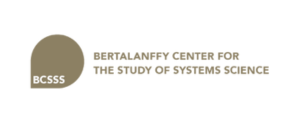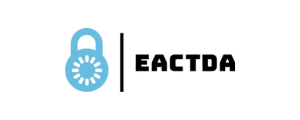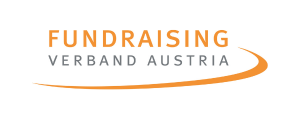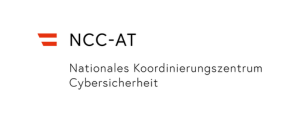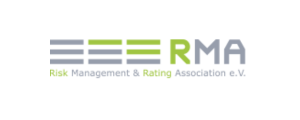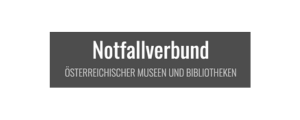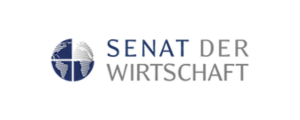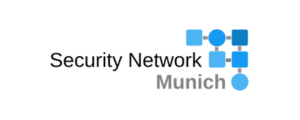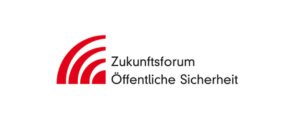Expert articles
Future strategies and digital pioneers
Innovative solutions for SMEs in SENATE magazine
In SENATE Magazine 03/2023, CRC experts shed light on topics such as supply chain resilience, digital security and educational challenges to strengthen companies in the digital era. The articles offer practical strategies and insights for sustainable business and education.
Supply chain resilience, security management and innovative solutions, especially for SMEs
The article by Senator Dipl.-Ing. Johannes Göllner, MSc and Mag. Stefan Blachfellner focuses on the development of strategies to increase resilience and minimize risk in physical and digital supply chains. He emphasizes the importance of innovations in risk assessment, modeling and simulation as well as the role of digital technologies and legislative responses to cybersecurity and supply chain security.
Strategic and operational resilience, crisis and emergency management for business failure and the recovery of operations
The article by Christian Paul, BSc, MA, and Senator Dipl.-Ing. Johannes Göllner, MSc, differentiates between resilience management and BCM in corporate crises. Resilience is aimed at crisis resistance and adaptation, while BCM is aimed at restoring operational processes. Both approaches are highlighted as strategically important for the long-term stability of organizations.
Fraud and enterprise risk management and forensic practice
The article by Mag. (FH) Christian Gosch and Fabio Lacchini, BA, together with co-author Senator Dipl.-Ing. Johannes Göllner, MSc, focuses on the prevention of and response to white-collar crime in companies. It emphasizes the importance of effective emergency management to protect assets and minimize damage, including the use of forensic experts to preserve evidence and legal action, as well as preparation through specialized personnel and structured processes.
Insurance solutions for companies: Protection against unforeseen events
The article by Dr. jur. Wolfgang Reisinger and Senator Dipl.-Ing. Johannes Göllner, MSc, focuses on the key role of the insurance industry in Austria, especially the risk community. He explains how insurance protects companies against unforeseen events and highlights different types of insurance, such as public liability and cyber insurance. The importance of adapting to new EU legislation, e.g. the NIS 2 Directive, is also emphasized.
Security policy and strategic risk analysis as the foundation for corporate security
The article by Senator Dipl.-Ing. Johannes Göllner, MSc, and Christian Paul, BSc, MA, emphasizes the importance of an interdisciplinary dialogue for the development of effective security strategies. It emphasizes the analysis of system behavior, the identification of trends and innovative solutions for strategic management. The authors discuss important security topics such as cyber security, space security and supply chain security, especially in light of the new EU NIS2 directive, to increase corporate resilience.
Risk management for municipalities
The article by Mario GUBESCH, MA MBA, and co-author Senator Dipl.-Ing. Johannes Göllner, MSc, emphasizes the necessity of structured risk management in municipalities for their future viability. This is achieved through proactive measures by the municipal council and mayor, such as risk identification and the realization of emergency, crisis and business continuity management. Adapting to EU directives, in particular NIS1 and NIS2, is essential for legal compliance and the strategic orientation of municipal risk management.
Capabilities and innovations of the education sector in the context of digital transformation for companies
In the article by Rector Prof. DDr. Martin Stieger and co-author Dipl.-Ing. Senator Johannes Göllner, MSc, the challenges and opportunities of digitalization in the education sector for companies are discussed. They focus in particular on the shortage of IT specialists and highlight the role of educational institutions and corporate initiatives to promote a qualified workforce. Engineering certifications are seen as a strategic approach to bridging the skills gap, emphasizing the importance of education and training in the digital era.

